

What’s New at the Forum?
Since its launch in Fall 2023, the Forum for Equity in Elementary Mathematics has pursued our goal of providing resources, publications, and professional learning opportunities to broaden and deepen perspectives and to open up discussions among educators about equitable math learning communities. Check out our resources.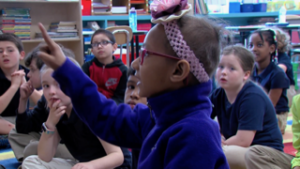

The Power of Teacher Reflection to Sustain Equitable Math Learning Communities
Self-reflection can be a powerful tool for teachers and school leaders. It can be implemented immediately and regularly to help us focus on instructional practices, uncover beliefs and values that may impact how our students see themselves in the math classroom, and move us to take action to create more inclusive learning communities.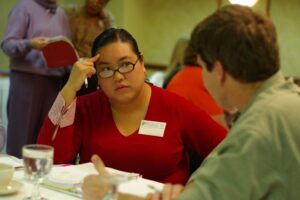

Using Teacher Self Reflection to Foster Equitable Learning Communities
Teaching is an academic and human endeavor that involves continuous cycles of interactions of the instructional core: students, content, and teachers.

How Student Reflection Helped Two Teachers Learn about Their Students
In the course of field testing the tool, teachers found that setting aside time for their students to reflect contributed to a culture that was built on trust, honest feedback, and open communication

A Cycle of Reflection: Learning More About Our Students
Developing an equitable math learning community that centers each student’s identity, needs, and voice requires that teachers take the time to learn about their students ...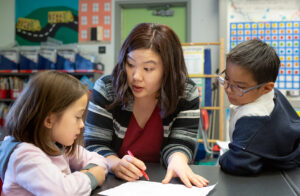

What Do Your Students Think about Math? Student Reflection as a Tool for Finding Out
In order to develop a classroom community that encourages and incorporates students’ ideas and agency, we need to be aware of opportunities that allow us to learn more about our students.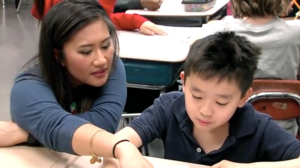

Student Reflection: Why Ask Students What They Think about Math?
Establishing an atmosphere of trust is essential if we want students to feel safe sharing openly about themselves and their experiences with us and with each other.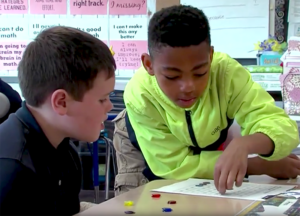

Establishing an Equitable Learning Community in the Elementary Mathematics Classroom
Equitable learning communities focus on the development of students’ mathematical ideas and require a commitment to provide all students access to rigorous, cognitively demanding mathematics.

